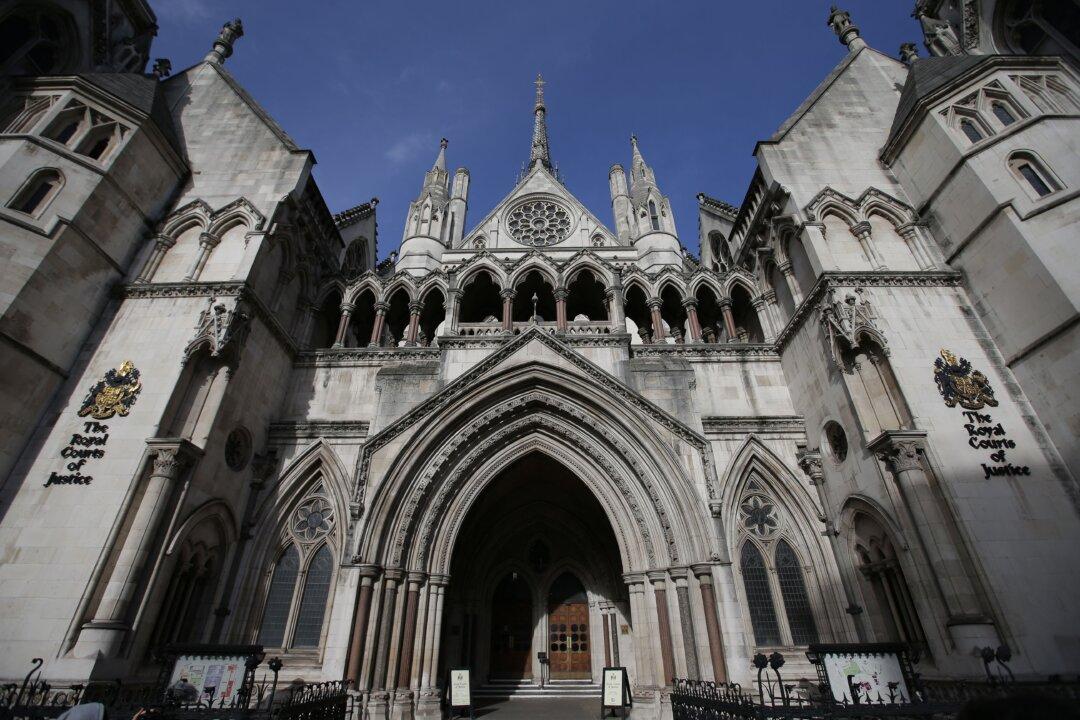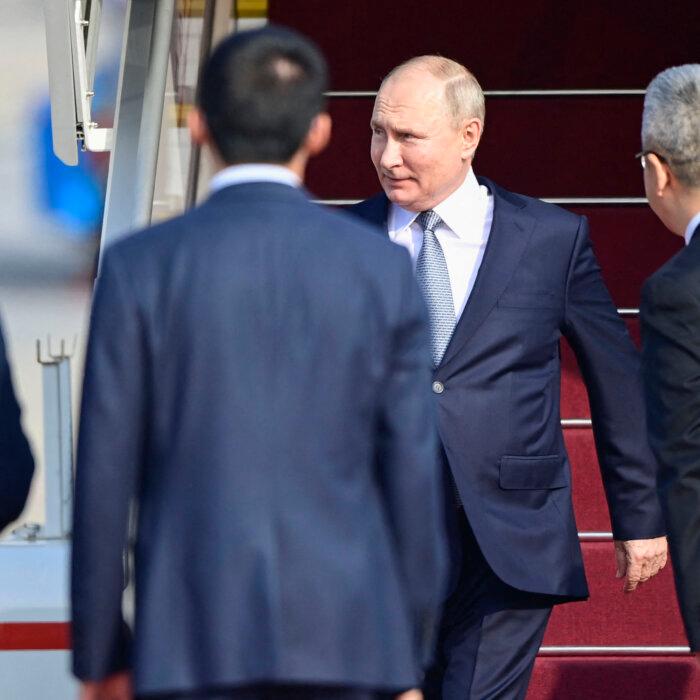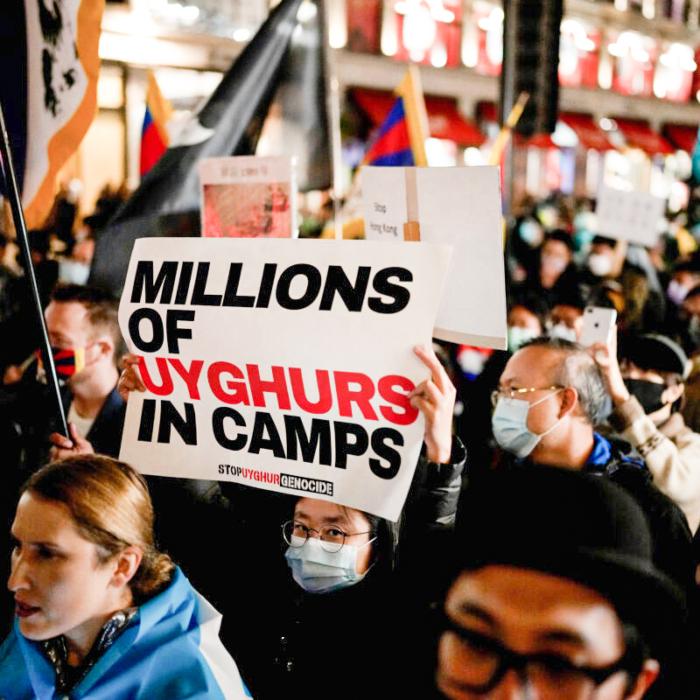Failure to investigate cotton imports with suspected links to Uyghur forced labour would lead to “a marketplace in criminal property,” the Court of Appeal has heard.
In a two-day hearing on Wednesday and Thursday, lawyers representing human rights groups argued that the National Crime Agency (NCA) had based its decision not to investigate Chinese cotton imports on “legal errors.”
The appeal came after the High Court in January rejected a claim brought by the World Uyghur Congress (WUC) that said the Home Secretary, HMRC, and the NCA had unlawfully failed to investigate cotton imports from China’s Xinjiang region using the Foreign Prison-Made Goods Act 1897 and the Proceeds of Crime Act 2002.
Evidence presented to the High Court said that 85 percent of cotton from China originated from Xinjiang. Uyghur people in the region have been forced to pick cotton and work in textile factories in or near internment camps, and it’s increasingly impossible to conduct due diligence in Xinjiang.
Lawyers for the government have argued the Proceeds of Crime Act couldn’t be used in the absence of identifying a specific consignment of goods that is the product of the relevant criminality, and the NCA concluded there had been “insufficient material from which to develop any line of inquiry or criminal investigation.”
Ruling on the case in January, Mr. Justice Dove concluded there had been “no error” in the government’s analysis, but he accepted there were “problems” over identifying the required level of proof and evidence in relation to cotton consignments to pursue criminal or civil investigations.
The WUC, with the support of Global Legal Action Network and intervener Spotlight on Corruption, is appealing the case, with the NCA being the sole remaining defendant.
Representing the appellants, Jonathan Fisher, KC and Tom Forster, KC said the NCA put “the cart before the horse” by not investigating without the identification of criminal property.
“Because the whole point of the investigation is to see what it throws up,” Mr. Fisher said.
He also argued the “adequate consideration” exemption in the anti-money-laundering law was construed too widely, enabling the importer of a criminal property to “cleanse the property by acting as a circuit breaker as it travels along the supply chain.”
“It would lead to a marketplace in criminal property. That can’t be right,” he said.
The lawyers said that they believe the High Court’s judgement, which agreed with the government’s analysis, has problems that “if it goes uncorrected,” will have a “chilling effect” on investigators who use the Proceeds of Crime Act to investigate high level money-laundering crimes and on banks to report suspicious activities.
Sir James Eadie, KC and David Perry, KC, for the NCA, defended the agency’s refusal to launch an investigation at the time.
Mr. Perry said the NCA “did no such thing” as putting the cart before the horse.
He said the authorities couldn’t seize products based on the assumption that everything that comes out of Xinjiang is tainted with forced labour.
Mr. Perry said the defendant doesn’t accept that the High Court’s judgement created any chilling effect “because it was very much a judgement confined to a particular factual background.”
Sir James argued that there’s “self-evidently” a need for authorities to consider the end point before they began an investigation, and that’s not necessarily putting the cart before the horse.
‘Dumping Ground’
In a statement issued ahead of the hearing, Rahima Mahmut, WUC’s UK director, said the UK has “become a dumping ground” of goods produced with Uyghur forced labour.Ms. Mahmut said doing nothing enables the Chinese Communist Party to “continue profiting from these atrocities.”
In February this year, experts told the Foreign Affairs Committee that some solar panel manufacturers would run a “clean” production line that’s free from Uyghur slave labour for the United States, and a “dirty” line for the rest of the world, and that goods rejected by the United States can easily be diverted to be sold to the UK.
According to Chloe Cranston, head of the thematic advocacy programme at the charity Anti-Slavery International, the UK’s Modern Slavery Act is “entirely insufficient to address Uyghur forced labour” or “any forms of forced labour around the world.”
“What the modern slavery act is, is a reporting obligation. So a company can simply hire a lawyer to write a compliance statement,” and they will “be in compliance,” she told the committee.
In contrast, under the U.S. Uyghur Forced Labor Prevention Act, which was enacted at the end of 2021, all goods whole or partly from China’s Xinjiang Province are considered to involve forced labour by default unless a company can prove otherwise.
According to Ms. Cranston, the European Union also has stronger anti-modern slavery legislation than the UK, as well as Canada and Mexico because of their trade pact with the United States.







